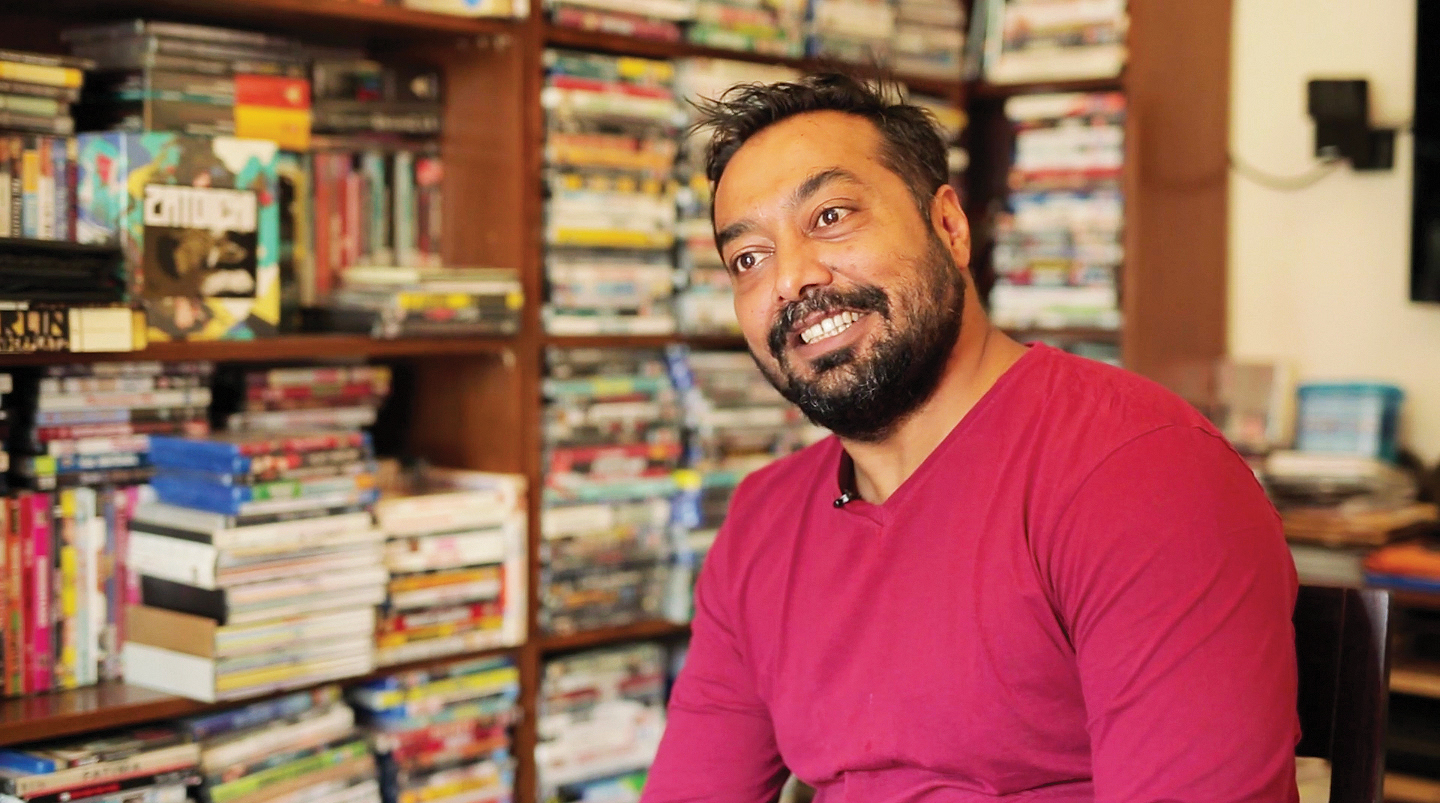
Sexual identities of the differently abled, concept of virginity, being asexual in India – exploring many such compelling topics, the Open Frame Film Festival is back with its 19th edition.
Dedicated to documentaries, this annual festival organised by Public Service Broadcasting Trust and Doordarshan, promises an impressive line-up of films and discussions.
Providing a space and context for serious engagement with documentary films from India and across the world, this film festival aims at representing diverse voices and experiences and providing valuable insights into the contemporary times. The objective is to create a platform for training in filmmaking, film appreciation, understanding and exploring the medium and expanding its boundaries.
Like every year, this edition of Open Frame showcases films exploring myriad themes – from the love for cinema and storytelling, environment, understanding inequality to stories of migration, it covers them all.
The festival opens with Sushmit Ghosh and Rintu Thomas’s Kings of Horror, which tells the untold story about the first family of Indian horror that redefined cinema – the Ramsays.
Engaging with stories of the earth and water bodies along with their people and the unique efforts of those fighting to preserve them, the festival has an interesting line up of documentaries like Akansha Joshi’s Chilika Banks: Stories From India’s Largest Coastal Lake: 1970-2007, Dinesh Lakhanpal’s The Wounded Souls Of The Rann and Amit Dutta’s Notes On Guler.
Featuring the works of both experienced and amateur filmmakers, the festival highlights include a retrospective of their celebrated films from earlier years, including National Award winners; Rang Mahal by Prantik Basu – the only Indian film at the Berlinale Competition 2019 and winners of the Best Long Documentary Award at the International Film Festival of Kerala, now contending for the Oscars – Moti Bagh by Nirmal Chander and Janani’s Juliet by Pankaj Rishi Kumar.
Apart from these, the documentaries also explore the histories and memories of cities and their metamorphoses, forgotten histories and newer relationships with the past, the engagements of artistic practices with social processes, the experiences and aspirations of those living with disability, understanding disempowerment and violence, survival on the margins, the power of solidarity across real and imagined boundaries and the human impulse for freedom and creation.
With over 40 films to be screened, many of which are premiering the festival hopes to engage with the documentary form, the stories they tell, the artistic and political impulses that shape them and ways in which they impact their creators and viewers.
The festival will be at India International Centre on September 20-24
Delhi Police arrested a 22-year-old woman for allegedly supplying mule bank accounts to an interstate…
ED says its excise policy money laundering probe is independent and backed by credible evidence,…
Five people were arrested after an eight-day, 1,500-km manhunt, with police recovering Rs 15 lakh…
Delhi Kala Utsav will be held at Rabindra Bhawan, Mandi House, on February 28 and…
A couple from Dwarka was arrested in Greater Noida for allegedly duping buyers of Rs…
Sourav Ganguly praised Auqib Nabi, saying the pacer is nearing national selection after his 60-wicket…